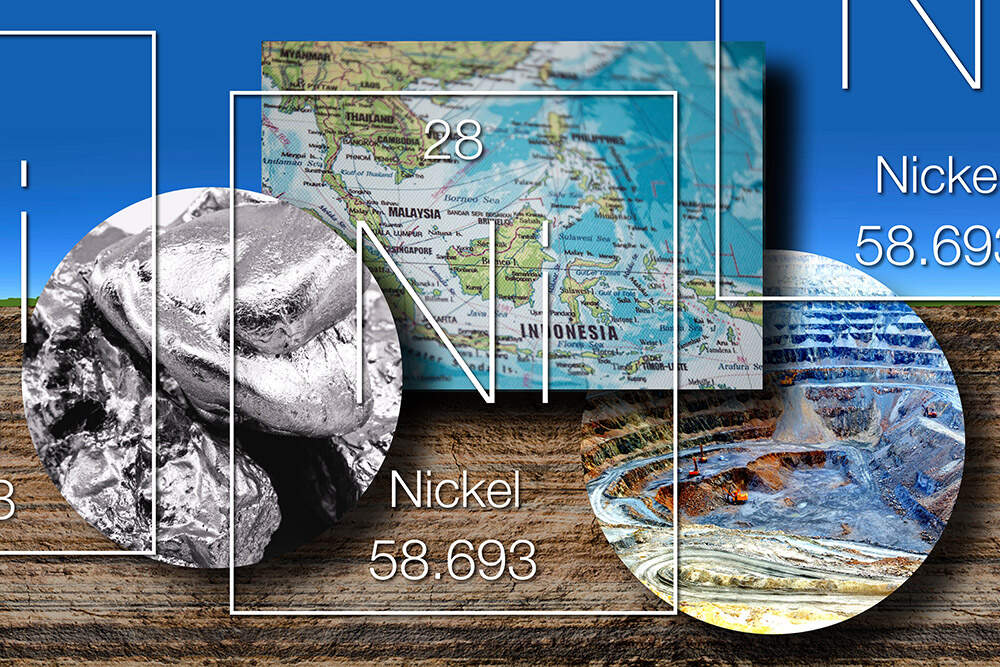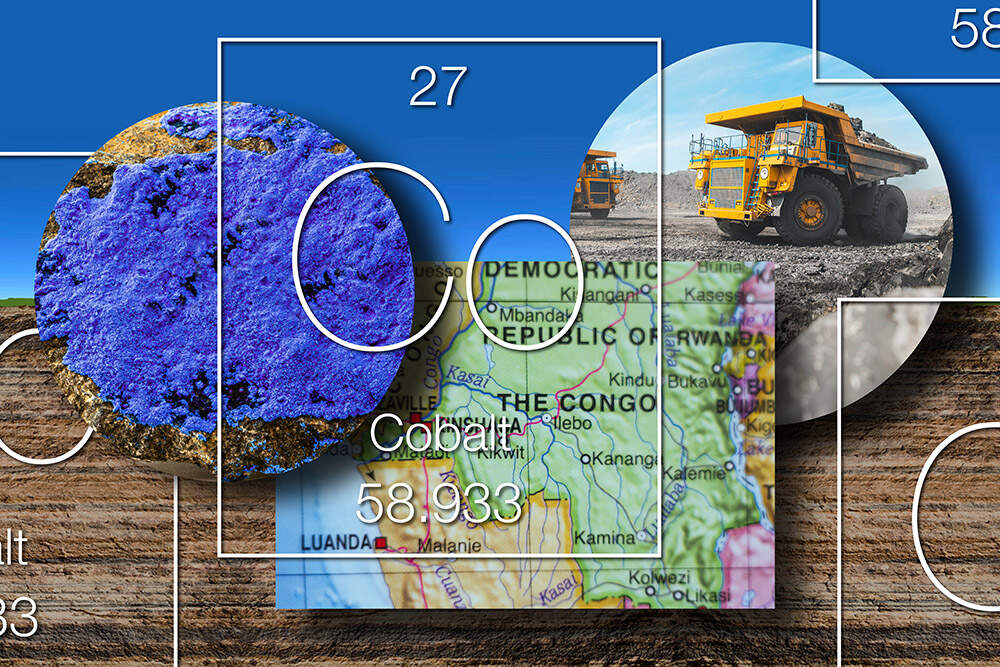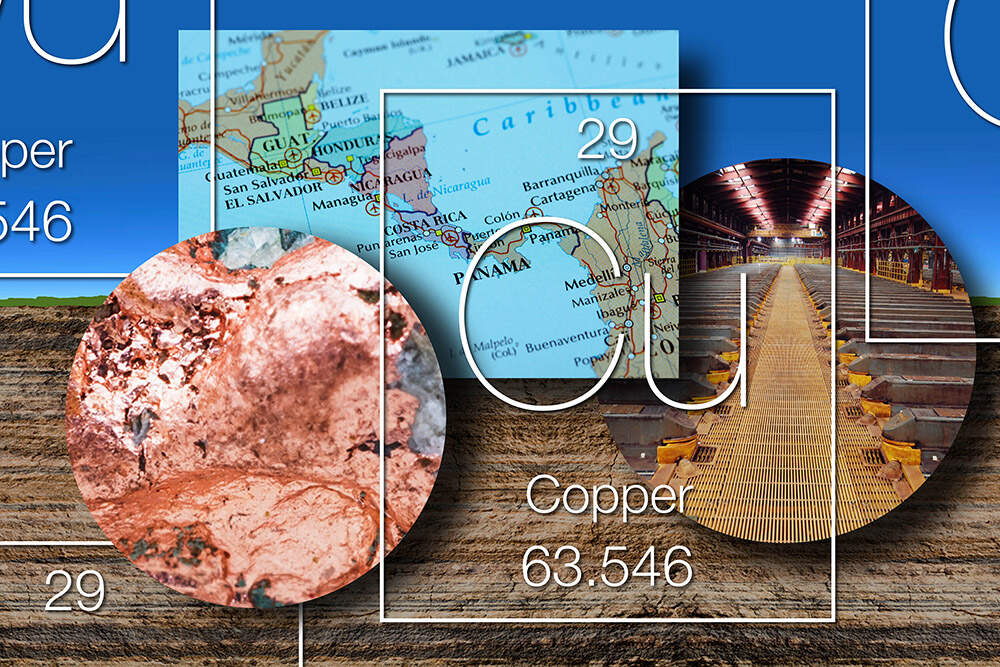Is extreme heat an extreme disaster?
Digest
This podcast delves into the escalating crisis of extreme heat in Phoenix, Arizona, highlighting its devastating impact on public health and infrastructure. Dr. David Sklar, an emergency physician, describes the surge in heat-related illnesses and deaths, comparing it to the AIDS and COVID-19 pandemics. Catherine Davis-Young, a correspondent at KJZZ Phoenix, shares her personal experience living with relentless heat, emphasizing the challenges of daily life and the strain on low-income households. The podcast then explores the question of whether extreme heat events should be eligible for federal disaster designation. The discussion highlights the challenges of defining and measuring heat-related disasters, the lack of data, and the need for a more proactive approach. The Stafford Disaster Relief and Emergency Assistance Act, which currently does not include extreme heat as a qualifying disaster, is examined, emphasizing the need for a more comprehensive approach. Mayor Kate Gallego of Phoenix discusses the city's efforts to address the extreme heat and the need for federal assistance, highlighting the city's limited resources and the importance of a more comprehensive approach. The podcast examines FEMA's response to extreme heat events and their reluctance to declare them as federal disasters, highlighting the agency's focus on short-term, acute disasters and the challenges of measuring the economic impact of heat-related events. The podcast further explores the intersection of extreme heat and the addiction crisis in Phoenix, highlighting the increased risk of heat-related deaths among individuals with substance use disorders. Mayor Gallego emphasizes the need for a national approach to addressing extreme heat, arguing that it is a growing problem that requires a more comprehensive and proactive response. The podcast concludes by acknowledging that extreme heat is becoming the new norm and that a shift in thinking is needed to address the issue. The discussion highlights the need for more innovative solutions and a greater focus on human lives in the context of climate disasters.
Outlines

Extreme Heat Crisis in Phoenix
This segment explores the escalating crisis of extreme heat in Phoenix, Arizona, highlighting its devastating impact on public health and infrastructure. Dr. David Sklar, an emergency physician, describes the surge in heat-related illnesses and deaths, comparing it to the AIDS and COVID-19 pandemics. Catherine Davis-Young, a correspondent at KJZZ Phoenix, shares her personal experience living with relentless heat, emphasizing the challenges of daily life and the strain on low-income households.

Should Extreme Heat Be a Federal Disaster?
The podcast explores the question of whether extreme heat events should be eligible for federal disaster designation. The discussion highlights the challenges of defining and measuring heat-related disasters, the lack of data, and the need for a more proactive approach. The Stafford Disaster Relief and Emergency Assistance Act, which currently does not include extreme heat as a qualifying disaster, is examined, emphasizing the need for a more comprehensive approach.

Addressing the Heat Crisis: City and Federal Perspectives
Mayor Kate Gallego of Phoenix discusses the city's efforts to address the extreme heat and the need for federal assistance, highlighting the city's limited resources and the importance of a more comprehensive approach. The podcast examines FEMA's response to extreme heat events and their reluctance to declare them as federal disasters, highlighting the agency's focus on short-term, acute disasters and the challenges of measuring the economic impact of heat-related events.

The Intersection of Heat and Addiction Crisis
The podcast further explores the intersection of extreme heat and the addiction crisis in Phoenix, highlighting the increased risk of heat-related deaths among individuals with substance use disorders. Mayor Gallego emphasizes the need for a national approach to addressing extreme heat, arguing that it is a growing problem that requires a more comprehensive and proactive response.

The New Norm of Extreme Heat
The podcast concludes by acknowledging that extreme heat is becoming the new norm and that a shift in thinking is needed to address the issue. The discussion highlights the need for more innovative solutions and a greater focus on human lives in the context of climate disasters.
Keywords
Extreme Heat
Unusually high temperatures for a prolonged period, often exceeding historical averages. It poses significant risks to human health, infrastructure, and the environment.
Heat-Related Deaths
Fatalities caused by exposure to extreme heat, including heat stroke, heat exhaustion, and other heat-related illnesses.
Federal Disaster Designation
A declaration by the federal government that an event, such as a hurricane or earthquake, meets certain criteria for receiving federal assistance.
Stafford Act
The Stafford Disaster Relief and Emergency Assistance Act, a federal law that governs the provision of disaster relief to states and local governments.
Climate Change
Long-term shifts in global weather patterns, primarily caused by human activities that release greenhouse gases into the atmosphere.
Resilience
The ability of a system, such as a community or infrastructure, to withstand and adapt to disruptions, including those caused by climate change.
Addiction Crisis
A widespread public health issue characterized by high rates of substance use disorders and related problems, such as overdose deaths.
Public Health
The science and practice of protecting and improving the health of populations through organized efforts.
Q&A
What are the challenges of declaring extreme heat events as federal disasters?
The challenges include defining and measuring heat-related disasters, the lack of data, and the need for a more proactive approach to addressing the issue.
How does the Stafford Act currently address extreme heat events?
The Stafford Act does not currently include extreme heat as a qualifying disaster, but it does allow for FEMA to respond to heat-related emergencies.
What are the economic impacts of extreme heat events?
Extreme heat events can lead to increased healthcare costs, lost productivity, and damage to infrastructure.
What are the social impacts of extreme heat events?
Extreme heat events can exacerbate existing social inequalities, disproportionately affecting vulnerable populations, such as the homeless and those with substance use disorders.
What are some potential solutions to address the challenges of extreme heat events?
Potential solutions include investing in more resilient infrastructure, developing more comprehensive public health programs, and increasing federal funding for heat-related mitigation efforts.
How can the federal government better support cities and states in addressing extreme heat events?
The federal government can provide more funding for heat-related mitigation efforts, develop more comprehensive policies to address the issue, and work with state and local governments to develop more effective response plans.
What is the role of public health in addressing extreme heat events?
Public health plays a critical role in addressing extreme heat events by monitoring heat-related illnesses and deaths, developing public awareness campaigns, and providing guidance on how to stay safe during extreme heat.
How can individuals protect themselves from extreme heat?
Individuals can protect themselves from extreme heat by staying hydrated, avoiding strenuous activity during the hottest part of the day, and seeking shade or air conditioning when possible.
Show Notes
Phoenix, Arizona has crossed a troubling milestone. More than one hundred days of temperatures over 100 degrees. Across the country, extreme heat kills more Americans than hurricanes, floods and tornadoes combined. So why don’t we label is a disaster?
























